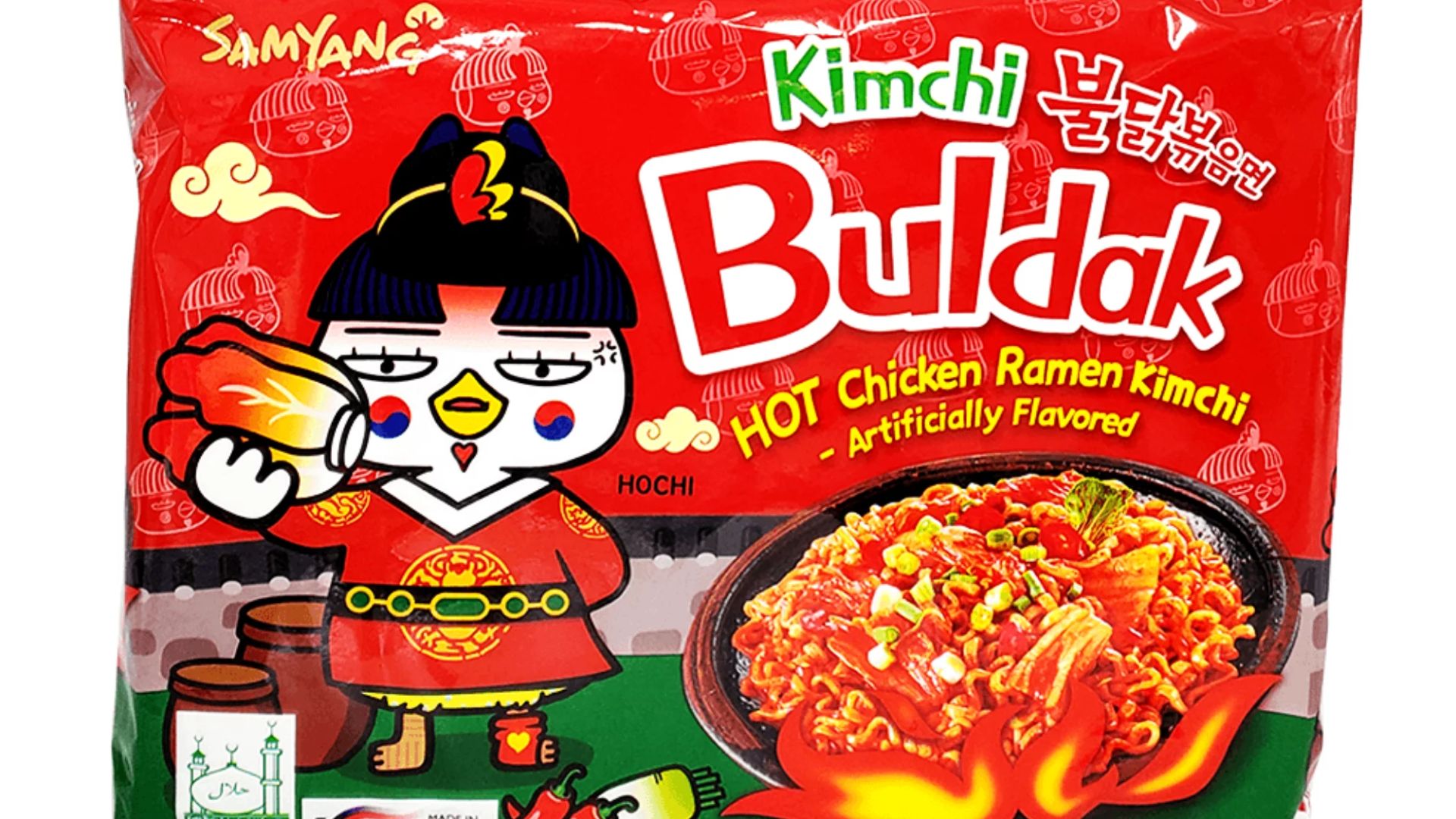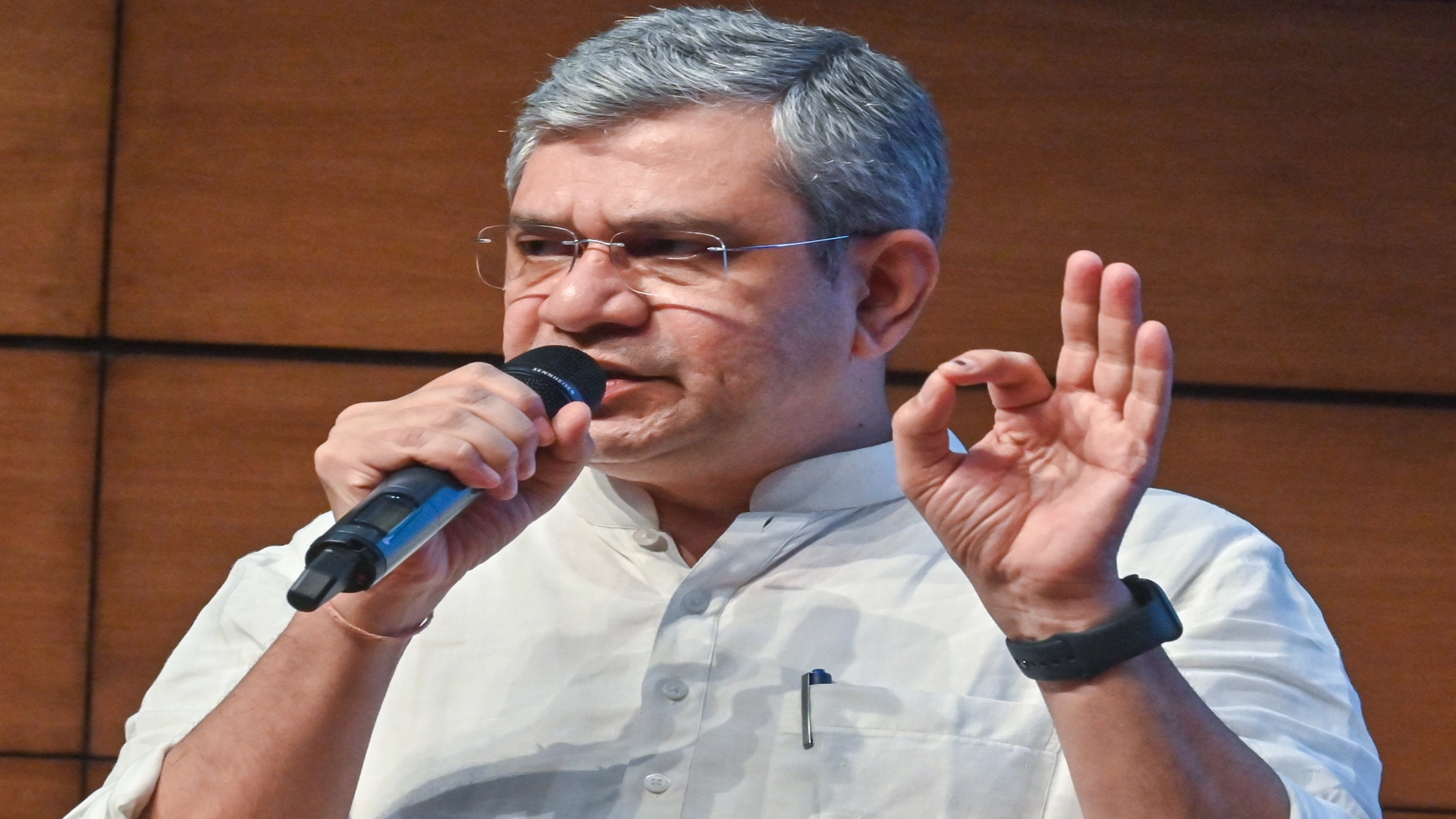
In a recent health revelation, the case of a 24-year-old social media influencer named Lucy Mourad being hospitalized due to kidney stones after regular consumption of Buldak noodles has sparked concerns over the potential health risks associated with high-sodium instant ramen noodles.
Mourad, in an interview with Daily Mail, shared her ordeal, attributing her health issues to consuming Buldak noodles weekly for several months. She experienced symptoms such as back pain, abdominal discomfort, and changes in urine colour. As her story gained traction on social media, it shed light on the broader issue of the health implications of sodium-rich snacks like instant noodles.
The United States Department of Agriculture (USDA) recommends a daily sodium intake of no more than 2,300 milligrams, yet a single serving of Buldak ramen reportedly contains around 1,280 milligrams of salt. Experts have also addressed the issue on social media, elaborating on how excessive consumption of ramen noodles could lead to kidney stones.
Later, he explained the mechanism behind this risk, emphasizing that high-sodium ramen noodles can elevate urine calcium levels, contributing to kidney stone formation. Additionally, the noodles lack essential minerals like citrate and magnesium, which play a crucial role in maintaining healthy kidney function and reducing the risk of stone formation.
To mitigate the risk of kidney stones, several preventive measures, including reducing salt intake by opting for low-sodium varieties or using minimal amounts of spice packets. Eating fresh or steamed vegetables enhances flavour and boosts the nutritional value.
Furthermore, They emphasized the importance of staying hydrated by drinking an adequate amount of water, consuming foods rich in citrate and magnesium, such as citrus fruits, almonds, and leafy greens, and moderating the intake of foods high in oxalate and animal protein.
In conclusion, while ramen noodles may offer convenience and affordability, their high sodium content and nutritional deficiencies pose significant health risks, particularly concerning kidney health. By adopting a balanced diet and making mindful dietary choices, individuals can reduce the likelihood of developing kidney stones and safeguard their overall well-being.















